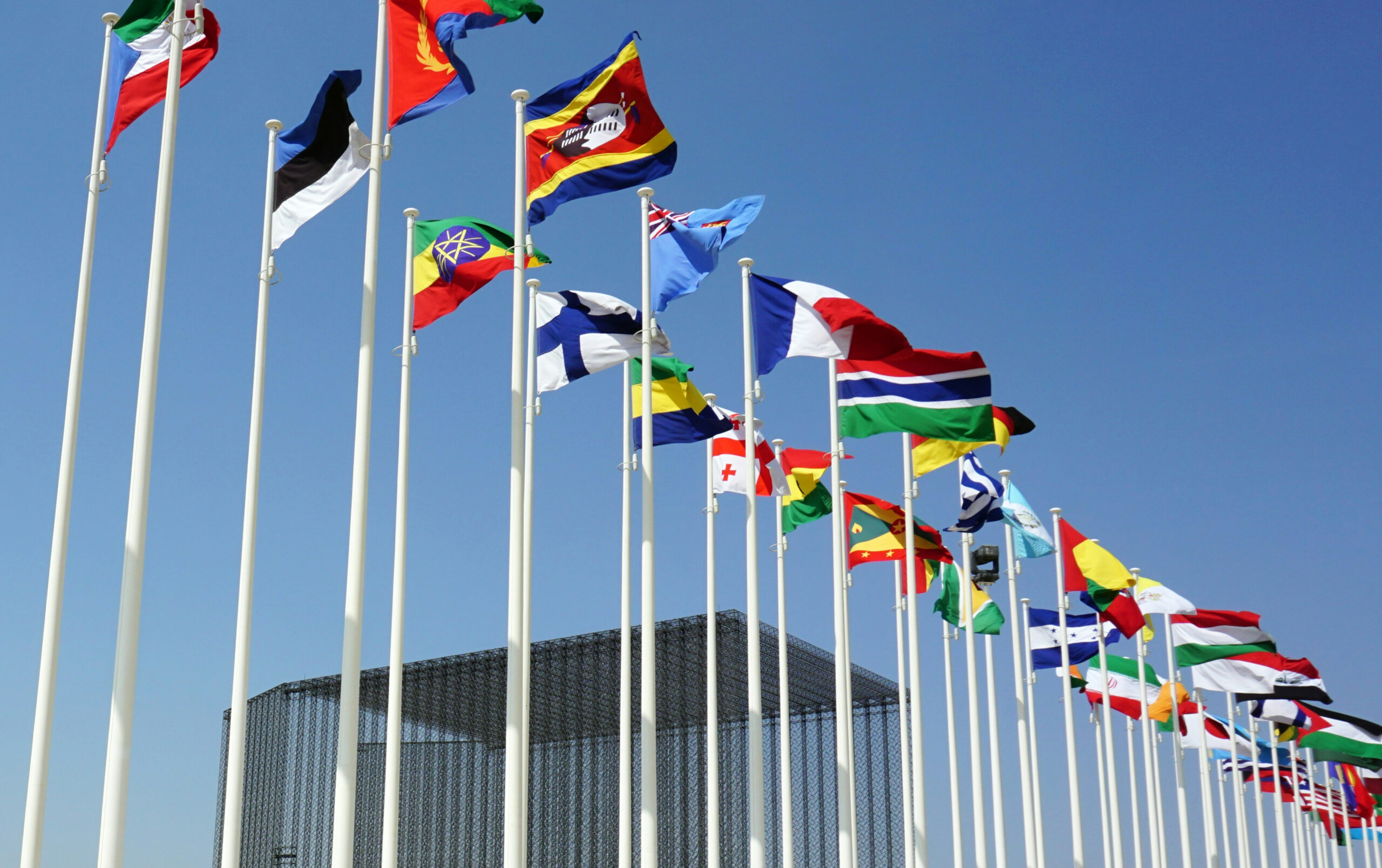Join us for the launch of Global South Perspectives, a new publication by Southern Voice. This virtual event explores pressing…
Climate change, pandemics, digital misinformation. These and other global threats affect us all, but do we experience them in the same way, regardless of where we live? From vaccines access to climate change mitigation means, the Global South is exposed to risks differently; it has a different set of abilities and resources to recover and to adapt. Research helps unpack how these challenges unfold, and who they affect the most, creating an imperative to analyse them from a Southern lens.
With this in mind, on May 29, 2025, Southern Voice launched the first edition of the Global South Perspectives (GSP). This new, peer-reviewed flagship publication offers evidence-based and actionable recommendations to pressing global challenges, through eight articles by 16 researchers from nine member organisations across the Global South. Current geopolitical tensions, strains in the multilateral system and shrinking development assistance for international cooperation set the tone of the launch event. In it, Fareeha Adil (Sustainable Development Policy Institute, SDPI-Pakistan), Jorge Chediek (Former Director of the United Nations Office for South-South Cooperation, or UNOSSC), Peter Taylor (Institute of Development Studies, IDS-UK) and Nouzha Chekrouni (Policy Center for the New South, PCNS-Morocco) discussed how Global South think tanks can strengthen their influence in shaping global governance within this context. Below are three key takeaways from our panelists’s discussion.
Rethinking Funding and Transforming Development Cooperation
SDPI’s Fareeha Adil and IDS’ Peter Taylor stressed the need to rethink funding. First, Fareeha invited think tanks to explore South-South development cooperation, and proposed funding sources including fee-for-service contracts and partnerships with local governments. She also emphasised the positive role of partnerships, grassroots engagement and regional learning. Peter advocated for moving towards long-term flexible support instead of rigid, short-term, project-based driven models, which often characterise North-South funding patterns. Similarly, he called for co-creation of research agendas, and stressed the need to build mutual accountability between researchers and funders, reflecting an emphasis on more collaborative funding models.
Building Gender-Inclusive Research Ecosystems
Championing inclusive representation can help think tanks to remain relevant in today’s global landscape, said PCNS’ Nouzha Chekrouni. Central to this approach, she emphasised the need to address structural barriers for women and to ensure their perspectives are integrated in global discussions. She advocated for think tanks creating research and advocacy platforms including women, and for the establishment of fellowships and policy labs focused on Global South women. She also highlighted the value of strategic partnerships, and the need for South-South collaboration to amplify grassroots voices and to support policy incubators nurturing emerging women leaders.
Setting the Agenda and Influencing Policy
Despite being the majority of UN Member States, the Global South shows a historical tendency to be reactive to international agendas set by the Global North, according to former UNOSCC’s Jorge Chediek. To counter this trend and foster new agendas, he called for formalised links between knowledge generated in Southern countries and global governance processes. This is only possible with sufficient funding, for instance from the G77 or the BRICS, to generate Global South-led research focused on the provision of negotiating inputs. To cover budgetary gaps, Jorge proposed the creation of funding windows within groups like the G77 or BRICS, and suggested further coordination among existing Southern knowledge-generation platforms.
Conclusion
Insights from the GSP publication and launch event discussion showed us that by rethinking cooperation models, championing inclusive partnerships, and proactively shaping the international agenda, the Global South is on track to redefine the future in a way that better reflects its unique views and needs. The message is clear: only when Global South perspectives are valued does the world truly move forward.
We invite you to explore the GSP initiative page to read the full publication, and to join us for the upcoming Southern Voice Talks, our new initiative compiling a series of dialogues to amplify Global South voices and to foster knowledge exchange toward a more inclusive global dialogue. More information on that is coming soon!


